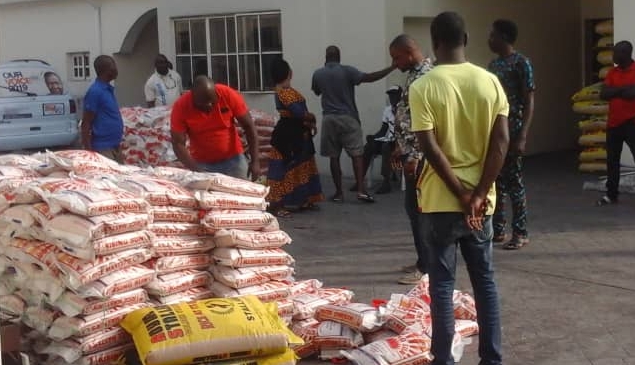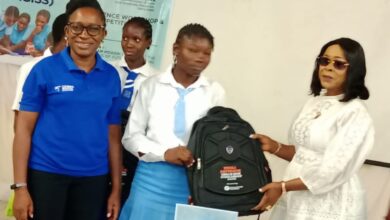GovernanceNewsPolitics
Groups Urges Delta Govt. To Adopt Gender Responsive Budgeting

Ogheneruona Tejiri, Warri
Women Advocates Research and Documentation Centre (WARDC) has called on the Delta State Government to adopt a gender-responsive budgeting framework to effectively address gender-based violence in the state.
The Non-Governmental Organisation (NGO) made the call in collaboration with the Development Initiative for Community Impact (DICI) and members of the Delta Working Group for the Implementation of Violence against Persons Prohibition Laws.
Addressing journalists in Warri, Dr Rachael Misan-Ruppee, Executive Director of DICI urged the Delta House of Assembly to prioritise the issues of gender-based in the 2025 budget.
According to her, a gender-responsive budgeting will ensure financial, material and technical resources are allocated strategically to address specific needs of the Sexual and Gender- Based Violence (SGBV) survivors.
Dr. Misan-Ruppee said that the responsive framework would integrate a gender perspective that would encompass, planning, resource allocation, programme implementation and impact assessment.
She said that the whole essence was to ensure that limited resources were effectively utilised to achieve a maximum result.
She added, “we appeal to the Delta State House of Assembly to champion this course by increasing the budget allocation for Sexual Gender Based Violence (SGBV)prevention, response and prevention in state’s annual budget.
“The fight against SGBV is a fight for human rights, dignity and justice. We must rise to this challenges by committing the necessary resources to build a society free of violence. Collaboration across sectors is key to ending violence against women and child,” she said.
Dr. Misan-Ruppee, flanked by some leaders of gender-based NGOs in the state, noted that globally, violence against women and girls had far-reaching economic implications.
She noted that the passage of the Violence Against Persons (Prohibition) Act 2015 was a milestone in providing a legal framework to address violence against vulnerable group in the society.
Dr. Misan-Ruppee added that
the Delta Violence Against Persons (Prohibition) Law 2020 marked a critical step towards localised solutions, adding, “however, the impact of these laws has been limited due to poor implementation mechanism, lack of coordination, insufficient enforcement capacity and inadequate funding.”
Misan-Ruppee, however, noted that the SGBV was a global pandemic that had affected one in every three women in their life time.
She said in Nigeria, 7,349 cases of SGBV were reported with sexual and physical violence between January 2020 and July 2022, while Delta recorded 800 in the same period.
Among the team were: Mrs Ayo Okotie, Executive Director NEFEROK Development Initiative, Mrs. Otorme Jarikre, Executive Director, Victoria Jarikre Foundation, Mrs Ezon-Ebi Odumosu, member, NAWoJ, Delta chapter.

